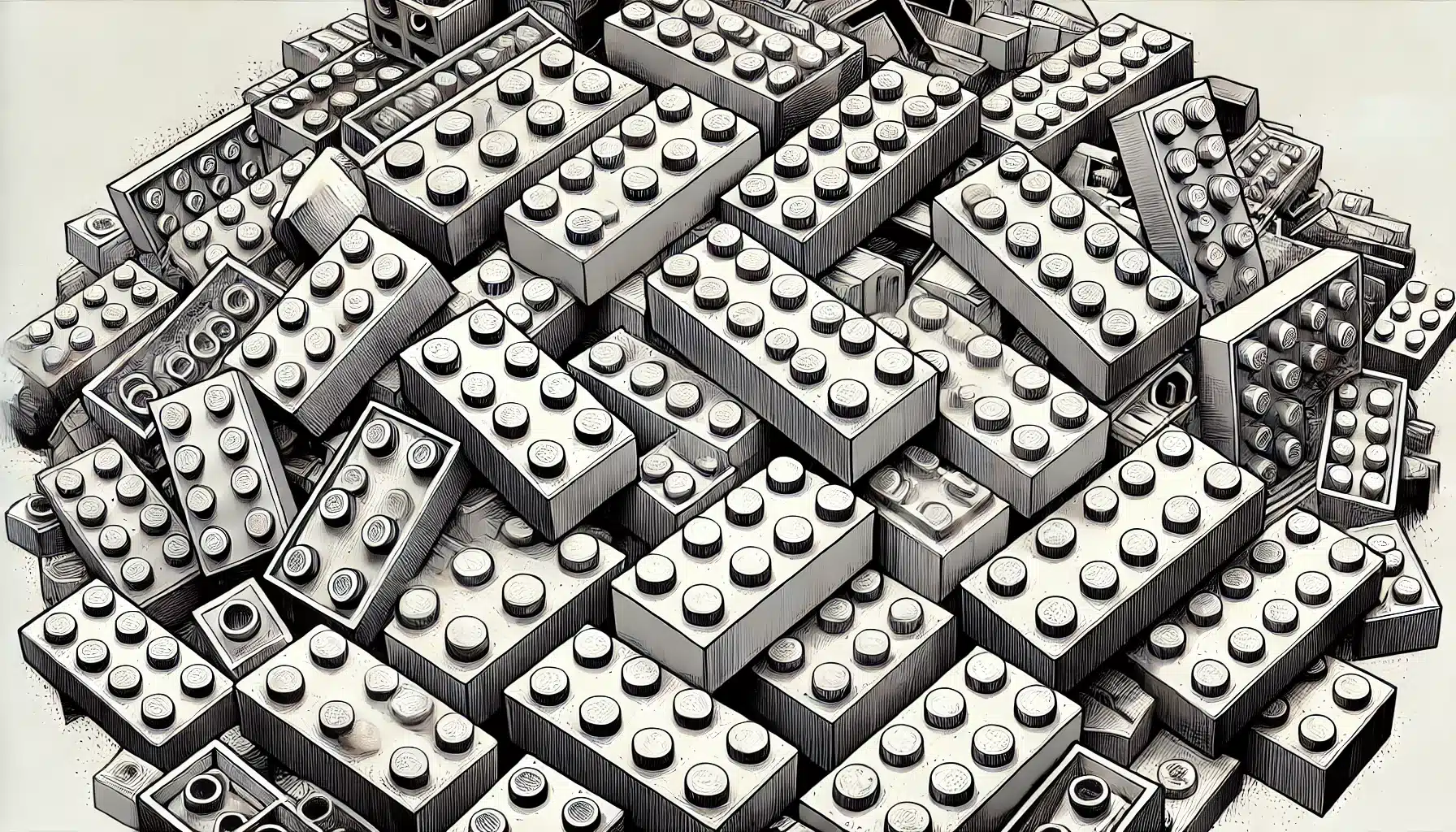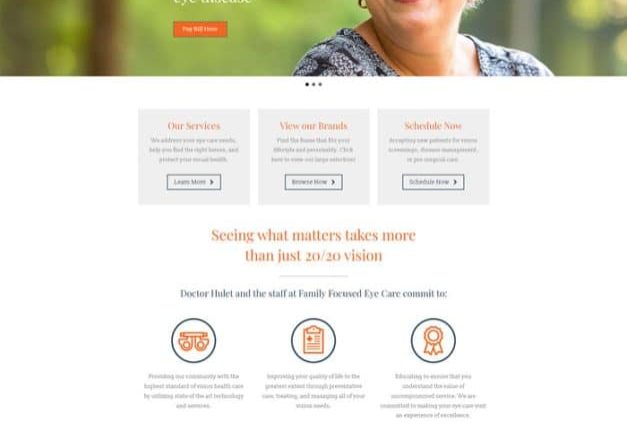Continuous Professional Development Will Help You “Rise Up”
August 29, 2024

When I was a little girl, every September, my parents dragged us out of bed to go to the “Autumn Aloft” hot air balloon festival in Park City, UT. With jackets zipped over the jammies, we nibbled our pop tarts and drove up the canyon. See, our trip wasn’t just about seeing hot air balloons in the sky, it was the whole experience, start to finish. How does one get a giant balloon in the air? Well, even at eight years old, I could break it down: Tip the baskets to the side and inflate the floppy canvas chutes with a wind tunnel of air. Heat the air inside the balloon, and magically, the balloons “stand up” on its own. The more the balloonists added fire, the higher the balloon rose. By sunrise, dozens of brightly colored balloons dotted the already-picturesque mountain landscape. I knew, as I stood there blowing my hot chocolate, that the way to rise was to add fire.
Since you’re an entrepreneur, I don’t need to tell you how to get a floppy idea to take shape. You’ve already done that. In fact, you’re already standing. That’s enough to impress even the most casual observer. Now, as we approach another fall and a season of learning, how can you “rise” in what you know?
Light the Fire
What lights your fire? Were you raised on Star Wars movies, fueled by light saber battles and blue milk? Have you memorized 30 years worth of player statistics to be able to discuss your favorite college football team? Do you have the stamina to try one cake recipe after another to bake the lightest, butteriest, most delicious, gluten free bite you’ve ever tasted? Like the hot air balloon, when you add fire, you begin to rise in your skillset.
How do you keep the flame roaring when it comes to your business? Never stop asking questions! Stay curious about your industry, your customers, and emerging trends. Curiosity drives innovation and keeps you ahead of the curve. Are there better, more efficient ways to do things? What makes you keep coming back for more?
Stick With What You Love
Hans Zimmer, the renowned film composer, discovered the keyboard synthesizer sound during the late 1970’s and early 1980’s when electronic music was beginning to gain traction. Zimmer loved music from a young age, and was fascinated by the innovative and experimental nature of electronic music. Musicians of the time used technology to craft immersive and otherworldly audio experiences. This lit a fire within him and he began to experiment with synthesizers himself.
In the Netflix documentary, Hans Zimmer: Hollywood Rebel, Zimmer describes how he devoted countless hours to exploring how to create unique textures and atmospheres. It wasn’t just about pushing buttons on a machine to merge different sounds, Zimmer wanted to master how to evoke emotion through sound. He blended his knowledge of traditional music theory with the new possibilities offered by synthesizers, developing a distinctive style that seamlessly integrated electronic elements with traditional, orchestral arrangements. This became a defining feature of his work.
He rose in his industry, composing scores that complemented the narratives perfectly. But he didn’t stop there. Over the years, Zimmer continued to learn, refining his technique into increasingly complex and layered compositions that not only accompanied the backdrop of a movie, but became the emotional, defining element of a blockbuster. You’d recognize his scores. That little flame that began his career has now revolutionized the world of film scoring.

Seek Learning
In another corner of the world, in the early 1930’s, the effects of the Great Depression arrived at the door of a small carpentry shop in Denmark. Like many people, the owner, Ole Kirk Christiansen, struggled to make ends meet. Since they couldn’t build furniture and remain profitable, the little shop rose to the challenge of building wooden toys. It was a trial-and-error time, but sales seemed to keep them afloat. After World War II, many traditional manufacturing products, like wood, were not widely available. The owners had to adapt and rise up again. They considered using plastic, a cheap alternative to wood. When the little shop invested in a plastic molding machine, they tried making plastic building blocks. The first blocks were hollow, which limited how they could be stacked. Christiansen researched the inventions of other toy companies. They weighed the value of others’ ideas, kept what worked for them, and disregarded what didn’t. Building on the work that was done before them, the Christiansen family figured out how to make plastic blocks lock together, making them not only stackable, but better building pieces. We know these interlocking bricks as LEGO: a sophisticated system that promotes imagination and creativity.
What can we learn from the LEGO corporation’s origins? A lot, actually. The business owners couldn’t control the external circumstances, just like a balloonist can’t control the wind or the temperature. In order to thrive, they had to learn and adapt. Pivot. And then do it again.
Have you considered taking on new challenges or side projects within your business that stretch you past your comfort level? You learn best by doing. Be open to feedback and adaptation. The creative struggle to find solutions to practical problems hones your skills. Analyze what works, what doesn’t, and why. This reflection process helps cement lessons learned and improve future decision making. Said legendary basketball coach, John Wooden, “It’s what you learn after you know it all that counts.” LEGO would not have risen to be the LEGO we now know if Christiansen had limited himself to furniture.
Teach What You Learn
Once you gain this practical knowledge and rise within your industry, what’s the point of keeping it all to yourself? When you share your knowledge with others, this reinforces your own understanding and uncovers any gaps in your knowledge.
Hans Zimmer teaches master classes on film scoring. Armed with lesson plans about themes, story, sound palettes and scoring for characters, he willingly places himself as a respected mentor for the rising generation of film professionals.
Likewise, LEGO breaks down each model set into palatable instructions, making a project that contains tens of thousands of pieces into doable chunks for the average LEGO fanatic. Each episode of the TV show, LEGO MASTERS, teaches fans the principles of LEGO building behind every challenge and every project. How do you build a more stable base? Have you considered how weight distribution will affect it? How can you tell eye-catching stories within an interesting piece? My kids have gobbled it all up.
Our company founder, Sarah Johnson, stands on the stage regularly, eager to teach other entrepreneurs about the marketing principles she has mastered for decades. From utilizing AI, to developing marketing strategies, she’s excited to help others rise above their challenges.
And. . . Back to Your Continuous Professional Development
Consider ways that you can teach your team, mentor others, or write about your own experiences in an article, blog or book or podcast. Position yourself as a leader in your industry. Give someone else the tools to not only “stand up,” but soar.
If you enjoy the tips you read in this newsletter, head on over to JamboJon for more information on ways to rise up in your business.
















